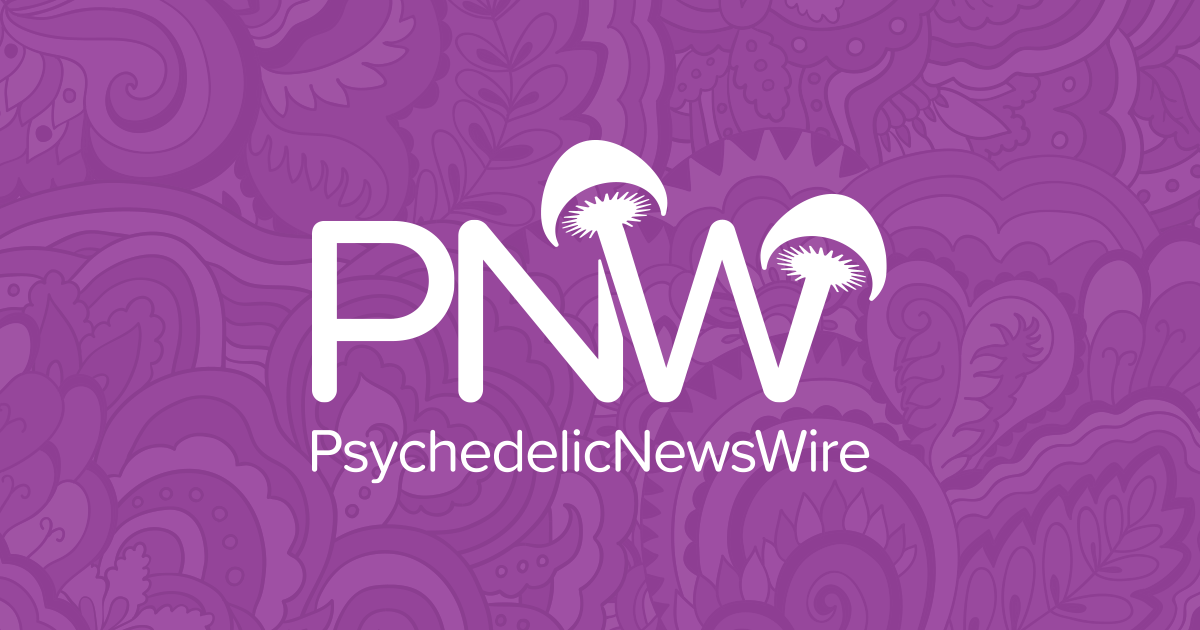A recent influx in psychedelic-related research has revealed that some classic psychedelic drugs have the potential to offer long-term relief against several mental disorders. The expanding scientific literature states that psychedelics such as LSD, psilocybin (magic mushrooms) and ayahuasca may be able to treat debilitating mental disorders, including treatment-resistant depression, eating disorders and post-traumatic stress disorder (PTSD).
As a result, there have been growing calls to legalize therapeutic psychedelic use to provide mental-health patients with access to safer and more effective alternative treatments. However, regulatory roadblocks at the state and federal levels could frustrate efforts to legalize psychedelics for therapeutic use.
Oregon launched the first program for the sale of psychedelics in the country last year, but other states have been taking it extremely slow. Some are currently funding psychedelic clinical trials while their legislators discuss the regulations and rules required to reverse several decades of prohibition. Even if state lawmakers choose to legalize therapeutic psychedelic use, federal guidelines that classify hallucinogenic drugs as Schedule I substances having no accepted medical use may add additional barriers.
Mason Marks, Harvard Law School visiting professor and leader of the school’s Petrie-Flom Center for Health Law Policy, Biotechnology, & Bioethics’ Project on Psychedelics Law & Regulation, explained that the excitement for psychedelics is due to a critical need for novel treatment options. He noted that while some people report dramatic results after only a single session of psychedelic-assisted therapy, such results may not be typical and some individuals report adverse experiences or no medical benefit at all.
Marks also said that while psychedelics have shown promise in PTSD, addiction and depression treatments, scientists still don’t understand the underlying mechanisms that grant psychedelics their therapeutic properties. According to Marks, states such as Connecticut, Washington and Texas may not be affected by federal regulations because they partnered with the Drug Enforcement Administration (DEA) and the U.S. Food & Drug Administration (FDA) to fund psychedelic research.
However, other state psychedelic programs that haven’t been sanctioned by federal agencies such as the FDA and DEA, such as Oregon’s psychedelic program, currently conflict with federal law, Marks says. He observes that while some states may assume federal agencies won’t interfere with state-regulated psychedelic programs, the assumption is far from safe, especially for states such as Colorado and Oregon, which are regulating psychedelics differently from marijuana.
Federal agencies can go after states that choose to regulate Schedule I controlled substances such as cannabis and psychedelics. Although those agencies haven’t intervened in recent years as the country’s state-level cannabis sector has expanded, they may intervene soon if states begin to legalize psychedelics en masse.
For drug-development companies such as atai Life Sciences N.V. (NASDAQ: ATAI) that have opted to follow the FDA process for drug development, no threat of regulatory intervention exists because they are following federally approved rules for companies seeking to bring new medicines onto the market.
About PsychedelicNewsWire
PsychedelicNewsWire (“PNW”) is a specialized communications platform with a focus on all aspects of psychedelics and the latest developments and advances in the psychedelics sector. It is one of 60+ brands within the Dynamic Brand Portfolio @ IBN that delivers: (1) access to a vast network of wire solutions via InvestorWire to efficiently and effectively reach a myriad of target markets, demographics and diverse industries; (2) article and editorial syndication to 5,000+ outlets; (3) enhanced press release enhancement to ensure maximum impact; (4) social media distribution via IBN to millions of social media followers; and (5) a full array of tailored corporate communications solutions. With broad reach and a seasoned team of contributing journalists and writers, PNW is uniquely positioned to best serve private and public companies that want to reach a wide audience of investors, influencers, consumers, journalists and the general public. By cutting through the overload of information in today’s market, PNW brings its clients unparalleled recognition and brand awareness. PNW is where breaking news, insightful content and actionable information converge.
To receive SMS alerts from PsychedelicNewsWire, text “Groovy” to 888-902-4192 (U.S. Mobile Phones Only)
For more information, please visit https://www.PsychedelicNewsWire.com
Please see full terms of use and disclaimers on the PsychedelicNewsWire website applicable to all content provided by PNW, wherever published or re-published: https://www.PsychedelicNewsWire.com/Disclaimer
PsychedelicNewsWire
San Francisco, CA
www.PsychedelicNewsWire.com
415.949.5050 Office
Editor@PsychedelicNewsWire.com
PsychedelicNewsWire is powered by IBN
![]()

